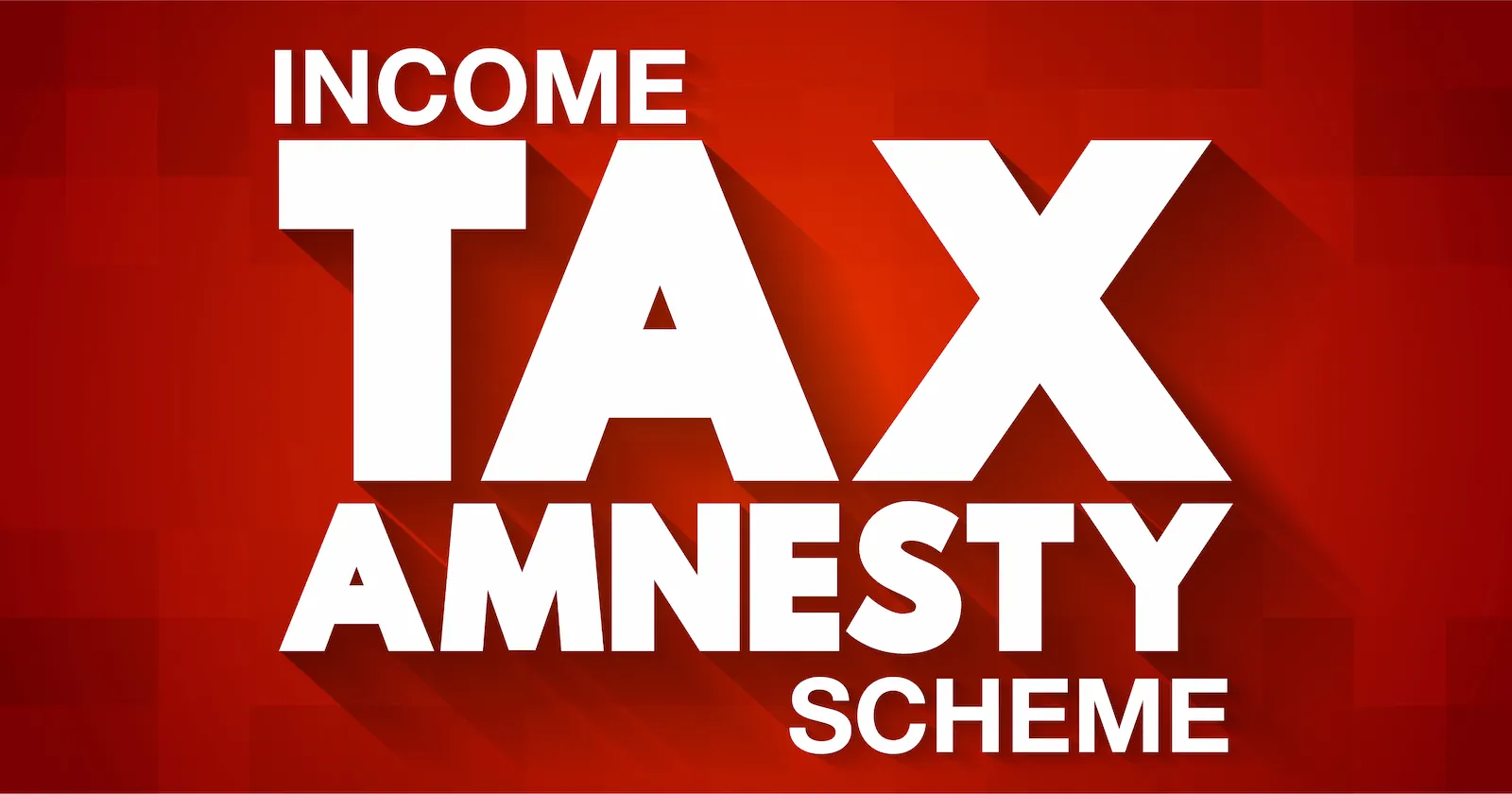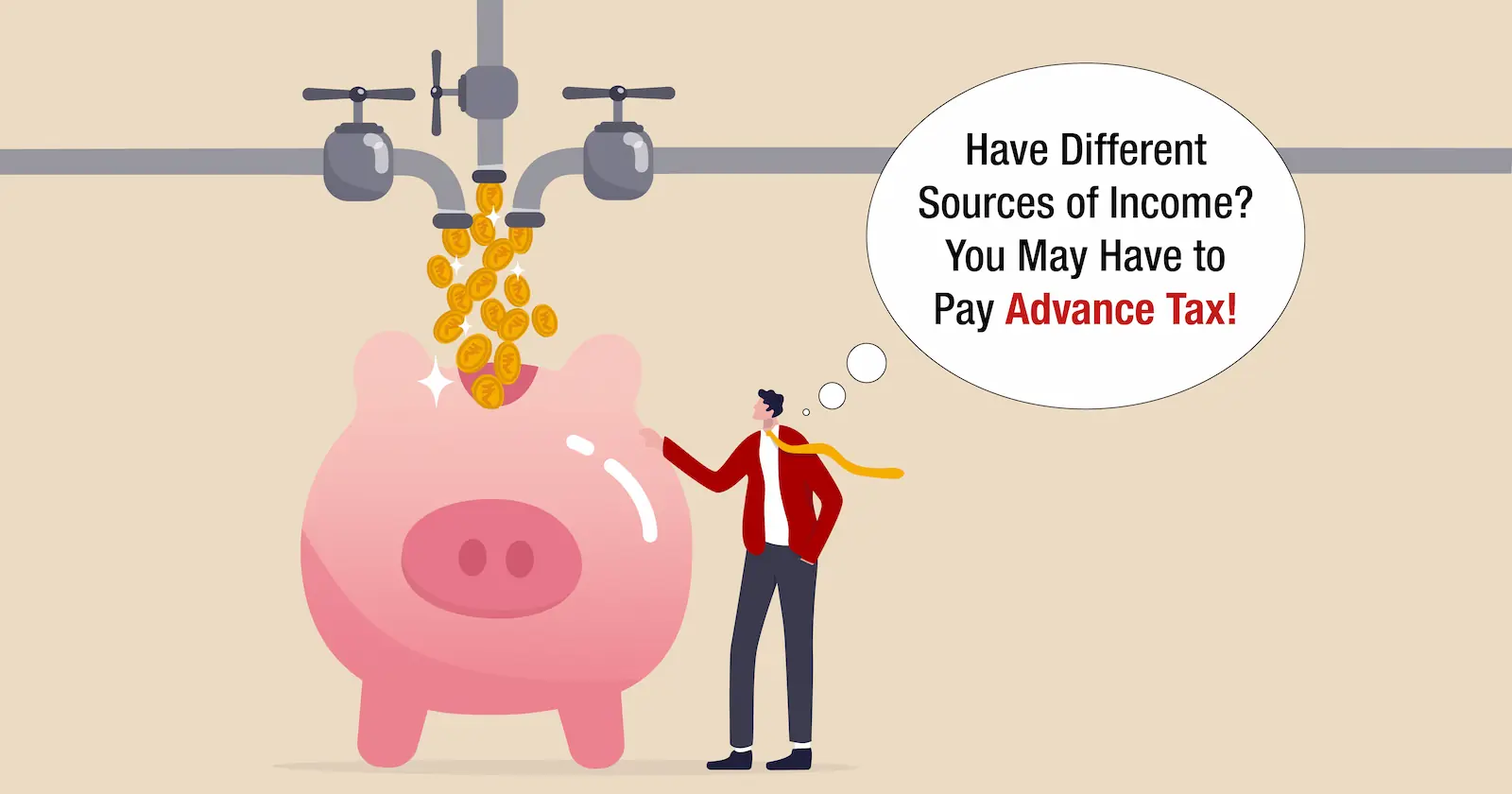Tax amnesty allows taxpayers to voluntarily disclose and pay tax in exchange for avoiding the penalty of tax evasion and in some case interest also. It is a limited time opportunity for a specified group of taxpayers to pay a specified amount in return for waiver of tax liability (including interest, penalties and criminal prosecution) relating to the previous tax period.
The waiver is introduced in any financial year to help the state to raise tax revenue, adding beneficiaries who have not previously declared their assets. The main objective is to replicate the economy and encourage individuals and corporations to declare their assets as it may arise. Under this scheme in most of the cases, the beneficiary has to pay only tax on the declared total assets. Generally, states bring this scheme when they feel that individuals are hiding their assets/income from the tax authorities.
The tax revenue raised through these schemes is used for the betterment of the state. Every individual and company is required to report annually on their business activities in their tax return. Those who remain transparent in declaring their assets and liabilities to the tax authorities are not questioned often and therefore changes of scrutiny is decreased by a significant level. Tax waiver is beneficial for those who have been hiding or not declaring their assets in a fair and transparent manner for years, who can legitimize their assets by declaring their assets to exist within or outside the country. When such schemes are launched, the state revenue and tax departments give time to declare their assets without any penalty. After the scheme expires, there will be a penalty in addition to the basic tax rate.
When the tax authorities suspect that a company or an individual is paying lower than their fair share of taxes, they start an investigation that often culminates in a court case. This is a significant financial drain for both sides. An amnesty scheme is a way around this. Some of the other reason for bring an amnesty scheme is as below :
There are several possible reasons for a tax exemption:
- Economic and financial :
During periods of crisis, there may be increased public expenditure along with financial difficulties for taxpayers. Tax waivers are considered necessary to collect at least some tax claims. It also helps in providing relief to taxpayers who are unable to pay the tax debt, and revives the market.
- Technical and administrative:
Liquidation of previous periods may be necessary to resolve existing confusions, fault points of the system, and overhaul the tax system. Collection of tax credit from taxpayers in financial difficulties is also difficult and administratively exhausting. Tax courts have a heavy workload and take a long time to collect taxes and the process in indeed very robust. Tax amnesty is an easy and beneficial way to solve these administrative difficulties.
The Indian government announced an income tax amnesty scheme in 2016. Government of India allowed the people to declare their undisclosed incomes in Income Declaration Scheme, 2016 and pay a total of 45% tax for one time settlement. 64,275 disclosures were made amounting to ₹652.5 billion.
The tax evaders are allowed to declare the full extent of their assets and income - and pay taxes they haven’t over the years in addition to a penalty. This increases the government’s tax revenue in that particular year, but more importantly, for all the years to come. Once hidden income and assets are declared, the tax base expands as they become taxable in every subsequent year too. The tax evaders also have incentives to participate in the scheme - they are assured that the Income Tax Department won’t conduct any further scrutiny or inquiry about their declared assets.
For the past two years, the world has been going through an unprecedented pandemic that has hit the business world hard and has had an adverse effect on economic growth. To provide relief to the trade and industry and business / taxpayer sector, announcement of liberal, lucrative and attractive Tax Amnesty Scheme is required and necessary to settle pending issues and disputes. An Amnesty Scheme should be introduced to clear pending dues with partial relief in tax payable and full relief from interest, penalty and late fees if any under the pre GST Indirect Tax regime (VAT, ST, Motor Spirit Taxation Act, Gujarat Purchase Tax on Sugarcane Act, CST, Entry Tax etc.).





Comments